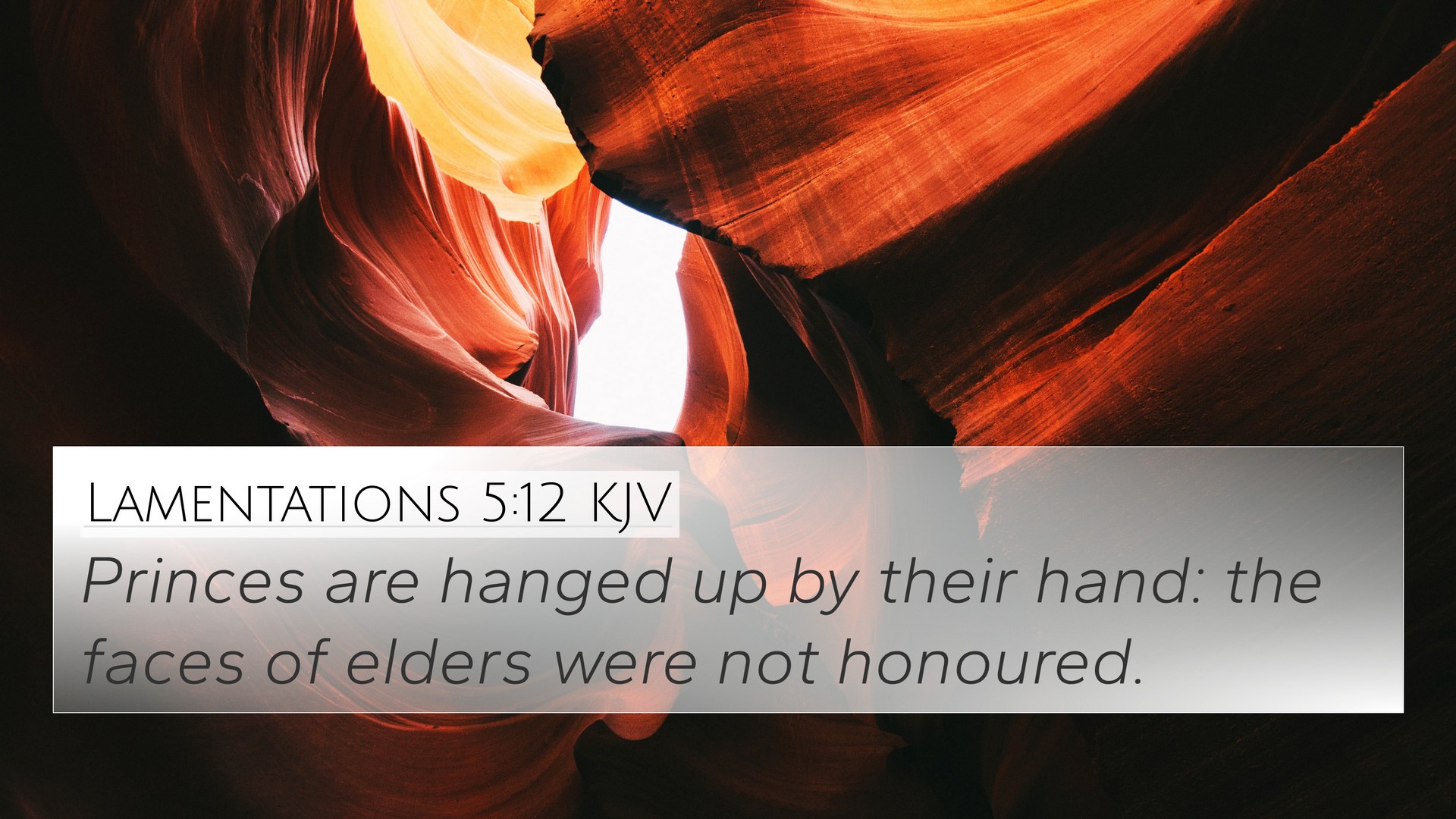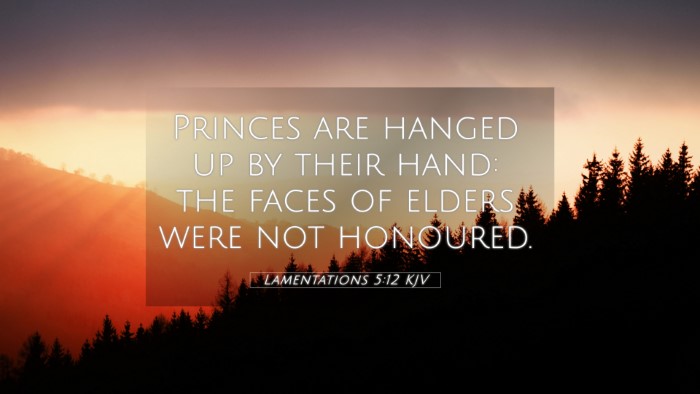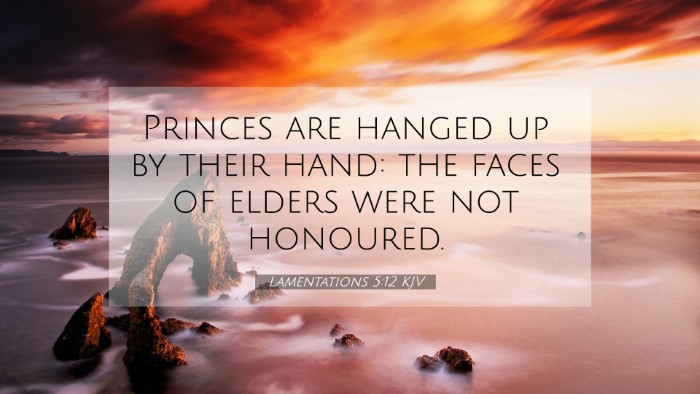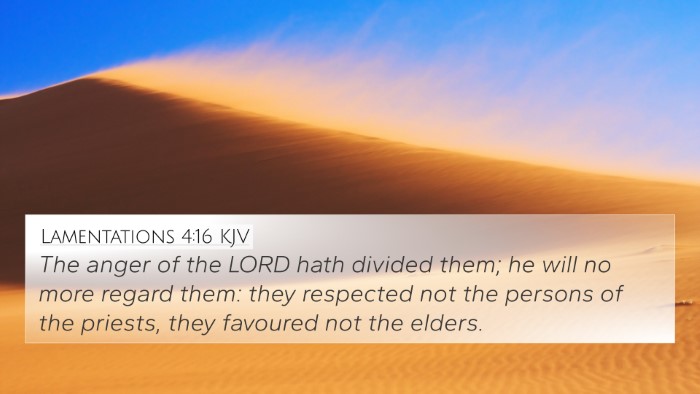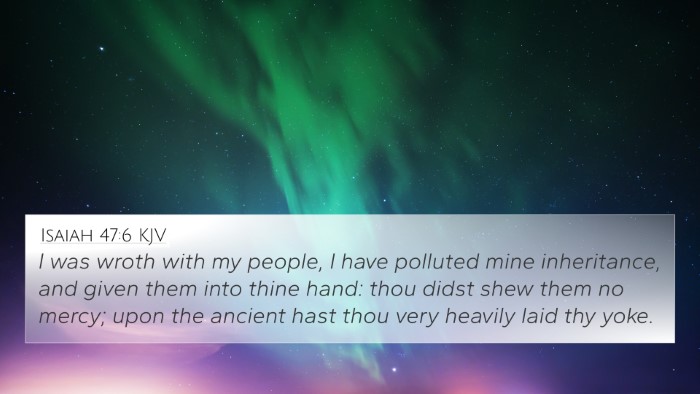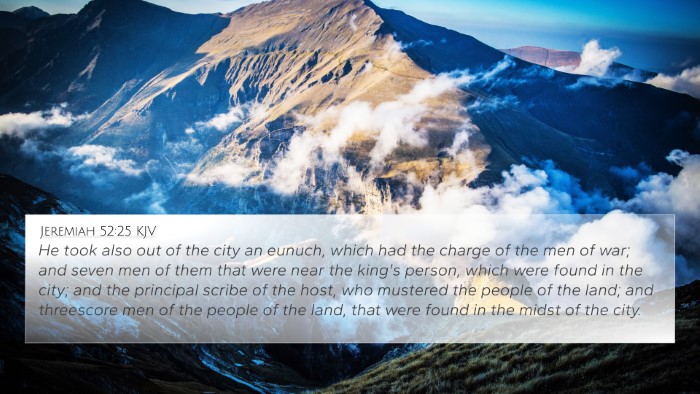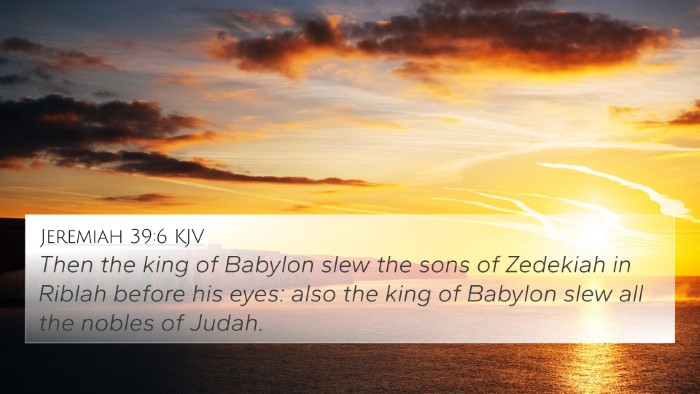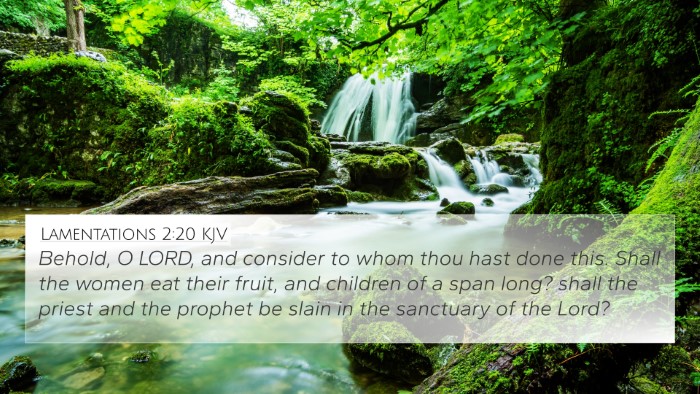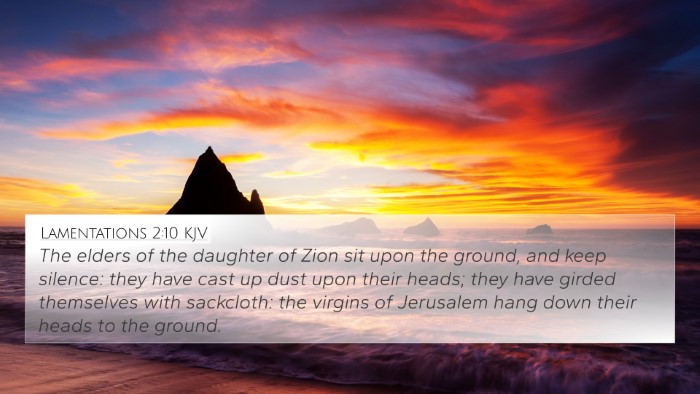Lamentations 5:12 Explained
In Lamentations 5:12, the Scriptures poignantly reflect the sorrowful condition of Israel after the destruction of Jerusalem. The specific verse states,
“Princes are hanged up by their hand: the faces of elders were not honored.” This powerful imagery captures the profound desolation and loss of dignity experienced by the people of God.
Meaning and Interpretation
-
Historical Context:
Lamentations is traditionally attributed to the prophet Jeremiah, mourning the demise of Jerusalem. This book serves both as a lament and a theological reflection on divine justice and judgment.
-
Symbolism of Princes and Elders:
The “princes” and “elders” symbolize leadership and wisdom within the community. Their humiliation points to a breakdown in societal order and reverence, indicating that even the highest in authority are subject to disgrace in times of divine judgment.
-
Theological Implications:
This verse illustrates how sin leads to national calamity. It signifies not only the physical destruction but spiritual desolation, where even those who were honored now face unjust treatment.
Connection to Other Scriptures
Lamentations 5:12 can be understood more deeply through cross-references with other Bible verses that accentuate themes of justice, authority, and the consequences of sin. Some relevant connections include:
- 2 Kings 25:7: “And they slew the sons of Zedekiah before his eyes, and put out the eyes of Zedekiah, and bound him with chains, and carried him to Babylon.” This verse depicts similar loss of dignity among leaders during the fall of Jerusalem.
- Jeremiah 22:17: “But thine eyes and thine heart are not but for thy covetousness, and for to shed innocent blood, and for oppression, and for violence, to do it.” This highlights divine judgment upon leaders who lead with corruption.
- Proverbs 14:34: “Righteousness exalts a nation, but sin is a reproach to any people.” This speaks to the moral failing of a nation and its repercussions.
- Isaiah 3:5: “And the people shall be oppressed, every one by another, and every one by his neighbor: the child shall behave himself proudly against the ancient, and the base against the honorable.” This verse expands on societal breakdown, similar to what is depicted in Lamentations.
- Psalms 79:1: “O God, the heathen are come into thine inheritance; thy holy temple have they defiled; they have laid Jerusalem on heaps.” This verse expresses the lament of God’s people over the destruction of their city.
- Jeremiah 13:18: “Say thou unto the king and to the queen, Humble yourselves, sit down: for your principalities shall come down, even the crown of your glory.” The call for humility reinforces the message of divine judgment on leadership.
- Ezekiel 34:4: “Ye have not sought that which was lost; but with force and with cruelty have ye ruled them.” This verse reinforces the idea of misrule and its consequences upon leaders and their people.
- Micah 3:1-3: “And I said, Hear, I pray you, O heads of Jacob, and ye princes of the house of Israel; Is it not for you to know judgment? Who hate the good, and love the evil...” A reminder of the ethical responsibilities of leadership.
Conclusion
Lamentations 5:12 serves as a poignant reminder of the consequences of sin—both personally and corporately. The humiliation of the leaders signifies a broader spiritual reality that sin leads to disgrace and judgment. Through cross-referencing with related Scriptures, one can see the interconnectedness of biblical themes regarding justice, leadership, and repentance.
Tools for Further Study
To delve deeper into the themes and meanings of Lamentations 5:12, consider utilizing various tools for Bible cross-referencing. Resources such as Bible concordances, study guides, and thematic reference materials can enhance your understanding and interpretation of sacred texts.
